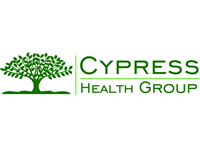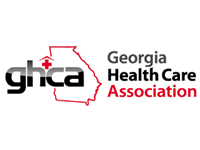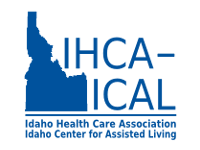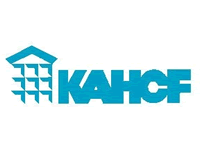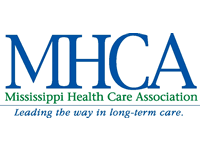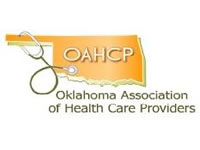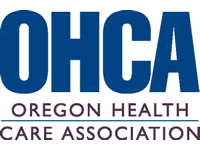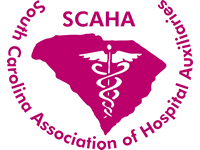by Marcus Amos, MRC, MS Licensed Substance Abuse Associate; Certified Drug & Alcohol Counselor III
Within the last 2 years the sporting community has been exposed to 2 tragic deaths of college athletes at two of our major universities. Both individuals died from an apparent accidental drug overdose. Autopsy reports revealed that a combination of substances in their systems ranging from opiate medications, alcohol and anti-anxiety drugs were the cause of death. These incidences were not the result of medications being over-prescribed by their universities, but the ability of an athlete to obtain additional medications on their own or from other sources, not known by the universities.
The question is what preventive measures can be put in place to reduce the chances of athletes seeking additional pain medications and other drugs on their own? As of today, no Prescription Monitoring Programs are being used within athletics. When athletes suffer injuries of any kind, and pain medications have to be prescribed, routine RX monitoring should begin for the following reasons:
1). Tracking to see if an athlete is seeking medications from other sources (Doctor Shopping)
2). Reducing the medication diversion risk
3). Monitoring compliance with taking medications as prescribed
4). Assessing if any athlete is receiving other RX medications that can counteract with narcotic pain medications
5). Overall prevention of drug abuse
6). Reduces criminal activity
Some athletic programs are concerned with potential STIGMAS that could be placed on them when deciding to bring in professional speakers to address prescription drug abuse in sports for example:
Stigma # 1:”Will our program be labeled as having this problem if we bring someone in to talk to our athletes?”
Stigma # 2: “Will our athletic/medical staff be blamed as contributors to this problem since they are the ones that monitor the dispensing of RX drugs?”
These are legitimate concerns, but most athletes are not dying under the care of team staff, they are seeking medications on their own.
No athletic program should be excluded in considering implementing this program. There have been several other deaths on various levels of sports team, without any form of additional prevention put in place. Educating our athletes is the key to reducing the risk of accidental drug overdoses & deaths in sports. Athletes need to understand the high risk and dangers of self-medicating.
For more information on this topic, contact Marcus Amos at ml_amos06









